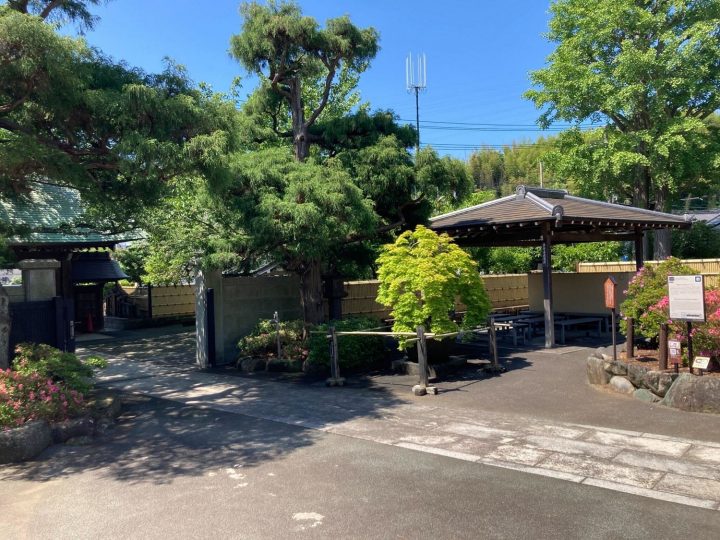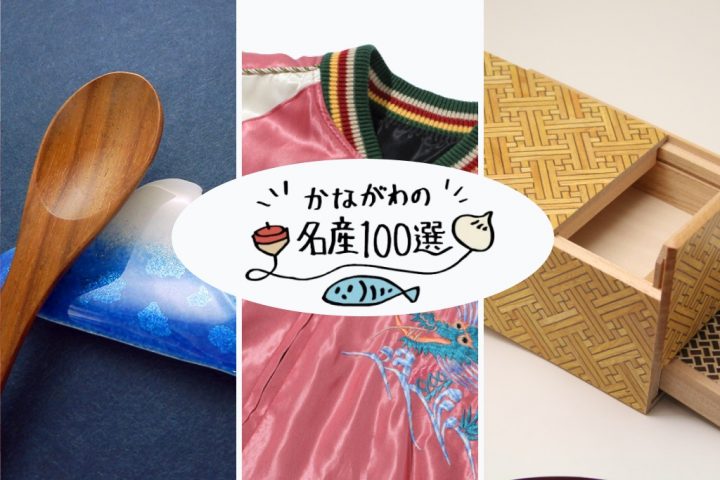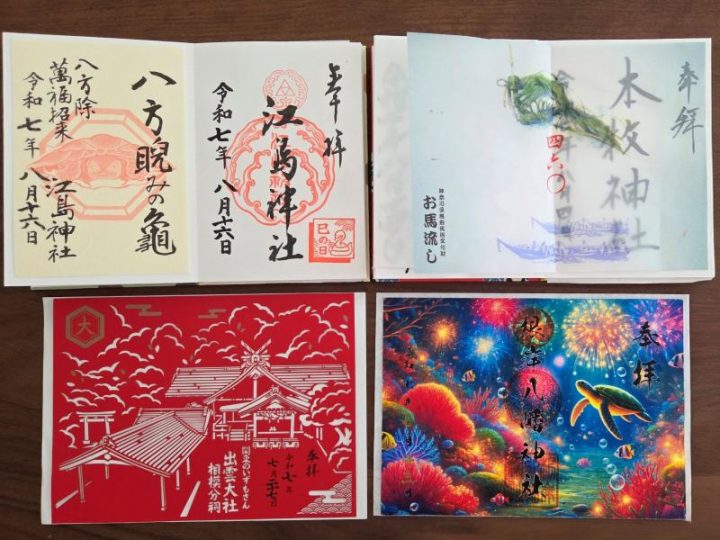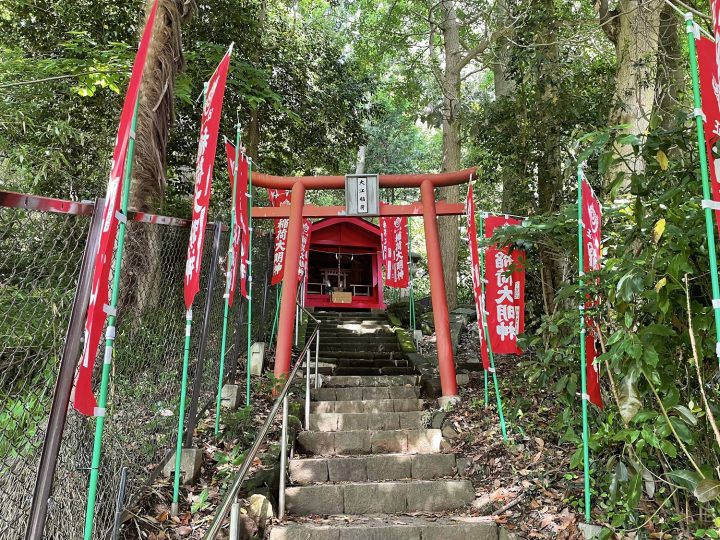[Kanagawa Traditional Culture Children's Seasonal Calendar] Tsugaru Shamisen player and DJ, DJ Tei, talks about Japanese traditional culture
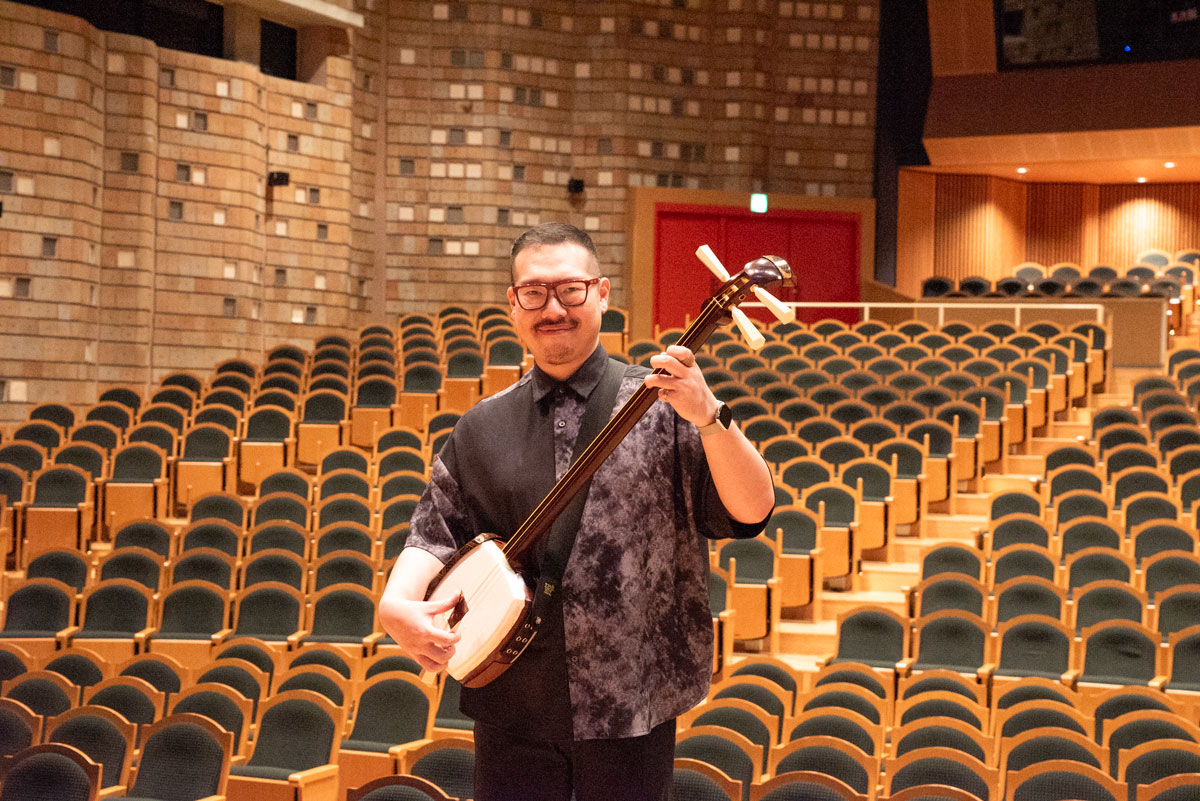
The "2024 Kanagawa Traditional Culture Children's Seasonal Calendar," an event where children could experience the traditional culture that has been passed down in Kanagawa Prefecture, was held at the Kanagawa Prefectural Youth Center on Saturday, October 26, 2024. This year's event featured DJ Mikado, who is extremely popular at clubs and discos and a regular on FM Yokohama. He plays the Tsugaru shamisen under the name Mikado Masamine and is active as a folk song ambassador. We spoke to him about his multifaceted side, his journey to date, and the appeal of folk songs.
(October 8, 2024 at the Kanagawa Prefectural Youth Center Momijizaka Hall)
From being born into a folk music family to becoming a DJ
-You've been practicing folk songs, singing, taiko drumming, and shamisen since you were a child. What was your upbringing like?
DJ's grandfather was Mikado Kinto, the first head of the Chidori-ryu Esashiken folk song school. My mother was the second Mikado Kinto and ran a school in Hodogaya Ward, Yokohama, so I was exposed to folk songs from a young age. I started playing the Tsugaru shamisen when my voice changed. Unlike the refined, thin-necked shamisen, I was fascinated by the lively sound of the Tsugaru shamisen.
I practiced enthusiastically, and six months later, in 1998, I participated in the National Tsugaru Shamisen Competition, sponsored by the Japan Folk Song Association, and won a silver medal in the junior division. In 2000, I played shamisen as backup for an enka singer at the NHK Kohaku Uta Gassen. After that, I developed a love for hip-hop, and aspired to become a DJ (disc jockey) working in clubs, so I became a DJ in my teens. Even when I was attending university, music was always around me.
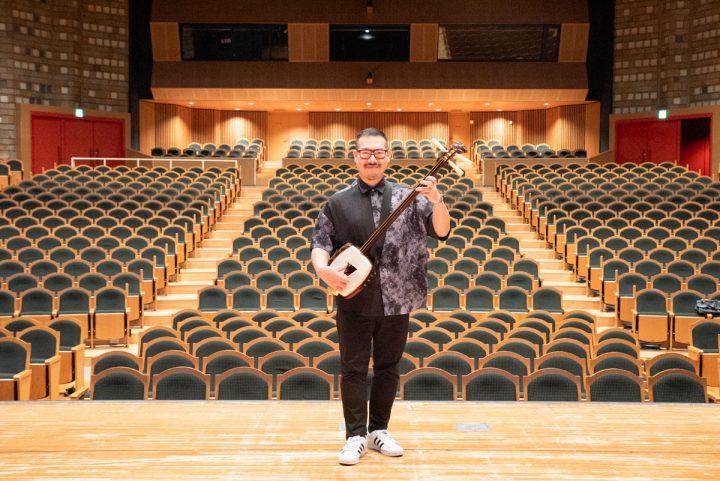
-What kind of work does a DJ do?
DJ EmperorThere are many different types of DJs, but a club DJ's job is to read the atmosphere of the venue and keep the music flowing while keeping the audience moving along to the rhythm. It's great to see the audience having fun and getting excited. It's a night job, so it's tough in the mornings, but I perform as a DJ in clubs, discos, and bars all over the country.
Guided by a connection, I began appearing as a regular on FM Yokohama's program "PRIME TIME" on Thursdays for the past seven years. I am also an official folk song ambassador for the Japan Folk Song Association, and teaches shamisen at my mother's school under the name "Mikado Masamine," and performs at folk song competitions and other events.
The appeal of folk songs
- When I think of folk songs, I think of the world of Japanese tradition and an old-fashioned atmosphere. What is the appeal of folk songs?
DJ Tei folk songs are music that have taken root in people's lives and have been passed down through the generations. Listening to them gives us insight into the lives and feelings of people in the past. For example, in this edition of the Children's Saijiki, the lyrics of the "Hakone Horseman's Song" that everyone sings include the line, "You can cross the eight ri of Hakone on horseback, but the Oi River is beyond crossing."
Hakone Hachiri refers to the eight-ri journey from Odawara in Kanagawa Prefecture to Mishima in Shizuoka Prefecture. At the time, the Oi River was a natural defense to prevent enemy advances toward Edo and Sunpu Castle, so no bridges were built and it was forbidden to cross by boat. People who wanted to cross the river could only do so by riding on people's shoulders or in a palanquin, and when the Oi River was swollen from rain, they would wait for days without being able to cross until the water subsided. This is why the song goes, "The Oi River that cannot be crossed."
When you learn folk songs, images of the harsh natural environment, the difficulty of passing through checkpoints, and other scenes and landscapes come to mind. The unique vocal technique and intonation, along with the nostalgic melody, are also appealing.
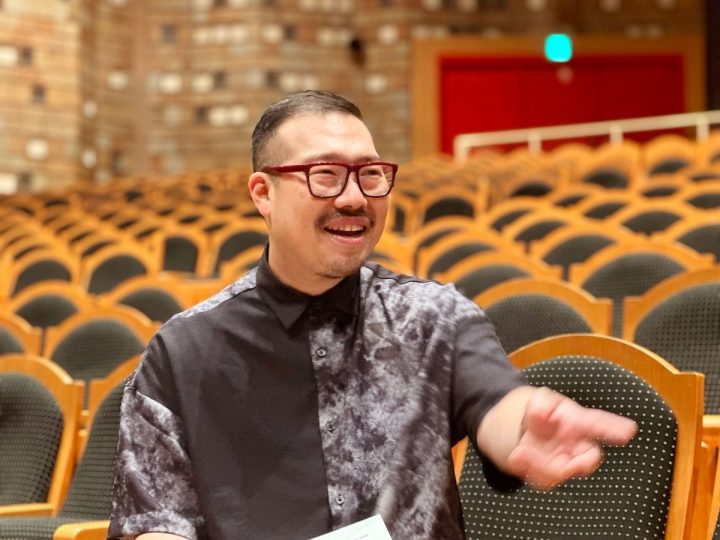
Towards a "Children's Almanac"
-As part of the Children's Seasonal Almanac, children will be able to experience folk songs and Bon Odori. Please tell us if you have any special thoughts about working with children.
Recently, DJ Tei has shifted his focus from the nightlife scene to a stage where he works with children. Children are innocent, honest, pure, and full of explosive energy. I believe that by experiencing folk music, children will be moved and take home a special feeling. I am looking forward to seeing their reaction.
The local folk song teacher on the day will be Akiko Kiyono, vice president of the youth division of the Japan Folk Song Association. I am Kiyono's top student, having learned taiko from her since I was in the fourth grade of elementary school, and she is a professional when it comes to teaching children. I want the children to experience the joy of singing with all their might.
-I'm looking forward to that.
As for DJ Teikoku Bon Odori, I've been participating as a DJ and playing music at festivals in Ebina City, Kanagawa Prefecture for several years now. I feel that the position of Bon Odori has been changing nationwide in recent years from traditional to modern. People also dance Tanko Bushi, and enjoy the free and easy pop music. Seeing the smiles of local children enjoying themselves naturally and hearing their cheers makes me happy, and I feel that Bon Odori and festivals are becoming an important part of my activities.
This year's Bon Odori will also feature Ageha Bijo, head of the Houcho-ryu school of Japanese folk dance, who performed the Tokyo Ondo at the closing ceremony of the Tokyo Olympics. We believe this will be an event where you can experience a new trend in Bon Odori. We will make sure that everyone who participates has a great time.
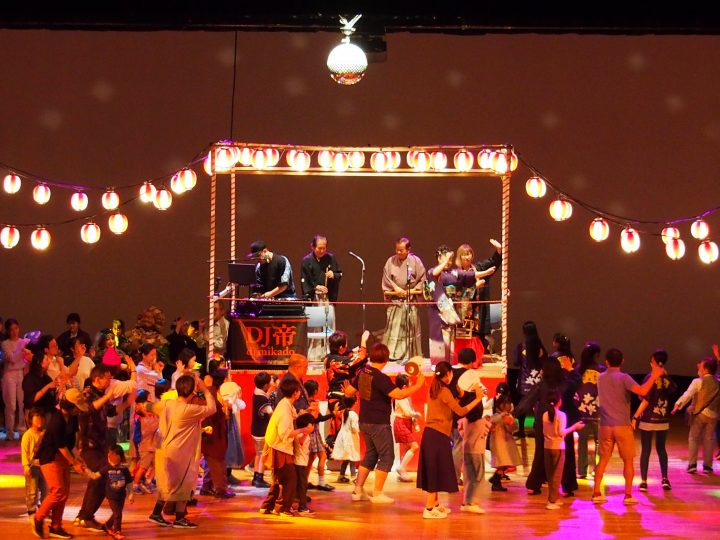


DJ Emperor Mikado Masamine
Official X: Here
Official Instagram: here
profile
Born in 1984, born and raised in Yokohama.
Graduated from Shonan Institute of Technology High School and Asia University Department of Business Administration.
His mother is the head of the Chidori-ryu Esashiken folk song school, and he has been training in singing, drumming, and shamisen since he was a child. In 1998, he won the silver medal in the junior division of the Tsugaru Shamisen Competition National Tournament. He has also performed as a backing musician at the Red and White Song Battle.
He started his career as a hip-hop DJ in 2002 and is currently active in clubs, discos and bars in Yokohama. He is known for his wide selection of music and beautiful mixes.
He is a regular DJ on FM Yokohama's "PRIME TIME" on Thursdays. He is also an official folk song ambassador of the Japan Folk Song Association, and performs shamisen and shakuhachi along with folk songs at events.
